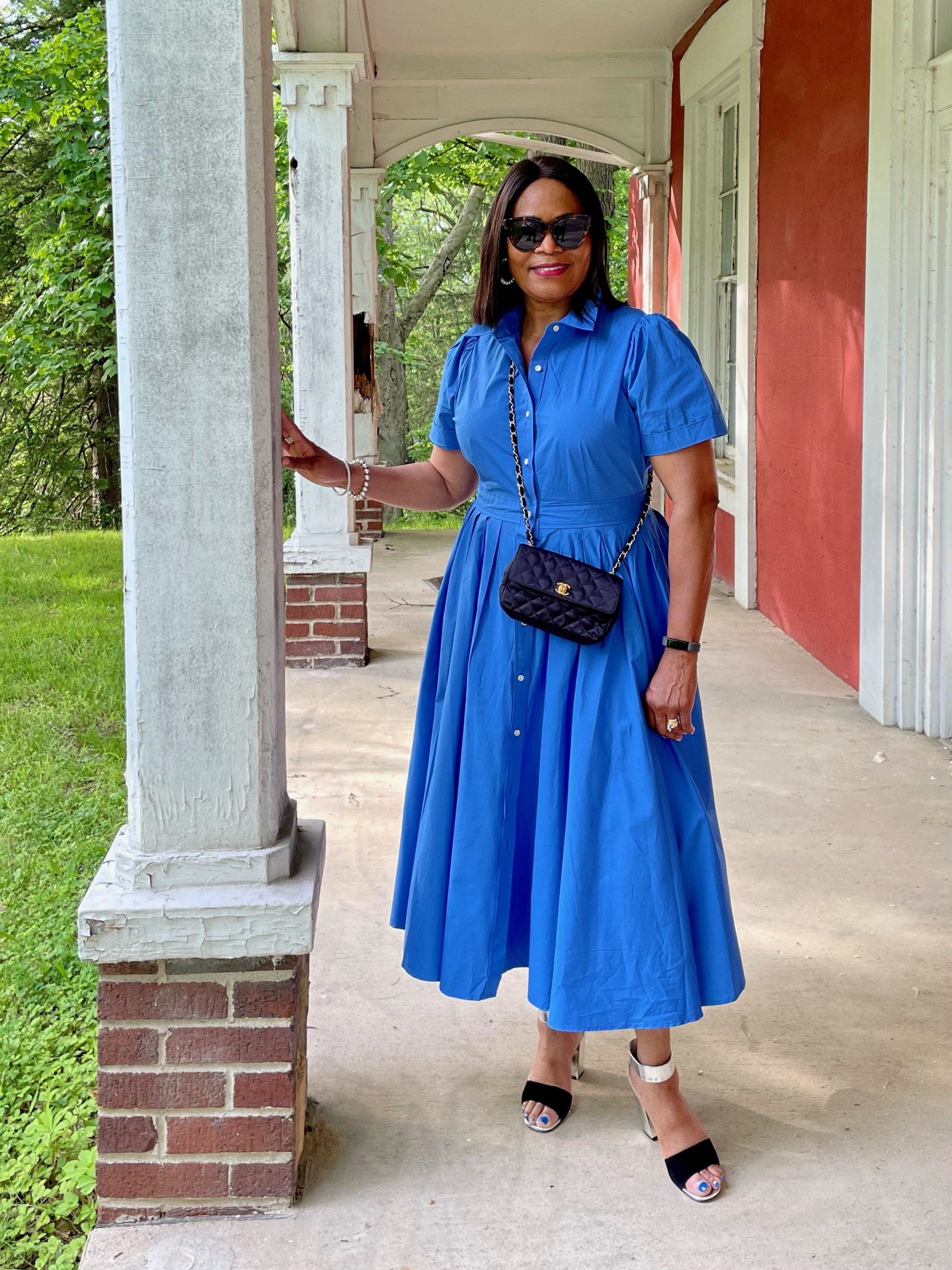
By now, we all know, heart disease is the leading cause of death among women in the United States. Here are simple everyday strategies to prevent heart disease.
1. Establish a Relationship With Your Doctor
My primary care physician, whom I’ve known for the last 20 years, is my partner and advisor for my health. She proactively put me on a blood pressure-lowering agent when my numbers started to creep as I entered midlife.
2. Schedule and Keep Annual Wellness Exams
I don’t miss my annual wellness exam. I look forward to seeing the results of my heart screenings and assessments. As well as my blood pressure and blood tests for cholesterol and glucose levels.
3. Eat a Heart-Healthy Diet
Our diet is one of the most important controllable risk factors to prevent heart disease. Daily foods can raise or lower your risk for heart disease. Be intentional about what you eat; if necessary, seek the services of a registered dietician.
4. Be Physically Active
The American Heart Association recommends 150 minutes of moderately intense exercise each week for adults. Regular exercise strengthens your heart and blood vessels.

5. If You Smoke, Get Help to Quit
Cigarette smoke damages your heart and blood vessels; smoking can also raise your blood pressure, cause an irregular heartbeat, and increase plaque build-up in the arteries.
Most smokers who attempt to quit do so “cold turkey” and are not successful. Counseling medication and digital programs increase a smoker’s chance of success.

6. Go Easy With Alcohol
We hear about the benefits of consuming red wine; please know all alcohol raises your blood pressure, adds extra calories, and can interact with medications.
7. Manage Your Stress
Chronic stress raises blood pressure and the level of stress hormones like cortisol. It’s worth noting that high cortisol levels contribute to abdominal fat during menopause.
8. Get Enough Sleep
Over time, poor sleep can lead to unhealthy habits that can hurt your heart.
May is Women’s Health Month. I hope these simple everyday strategies are your first defense against heart disease.
As always, thank you for reading; I appreciate you.







